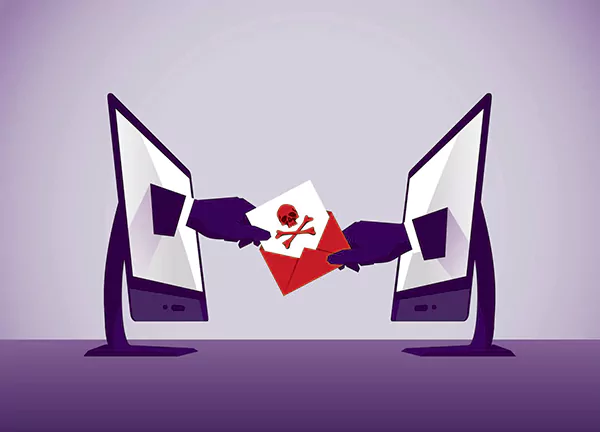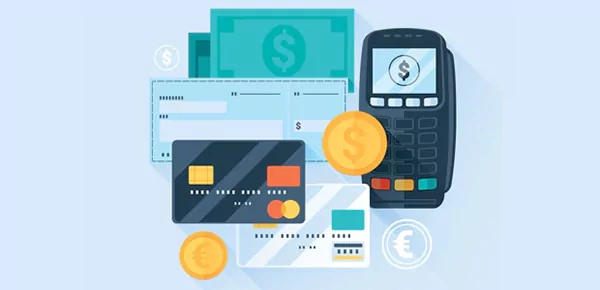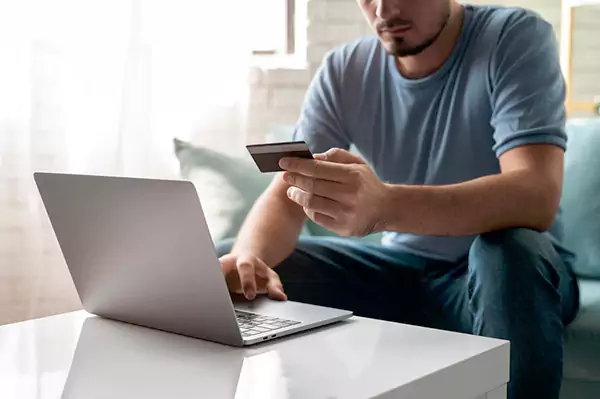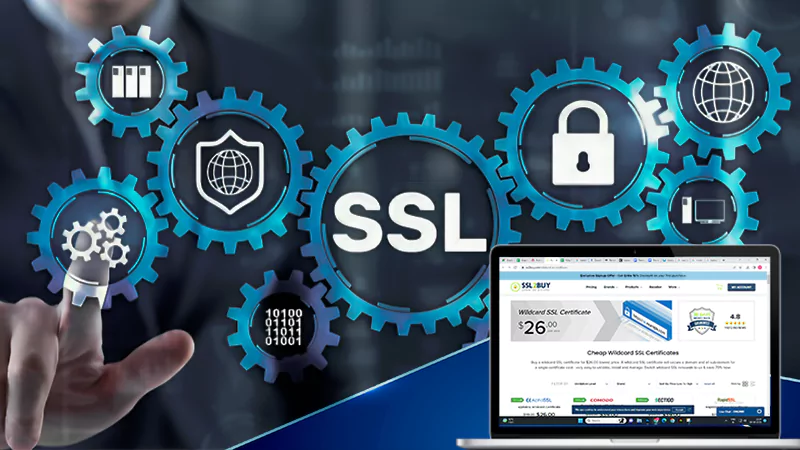Navigating Online Shopping Safely
The waiting is about to be over as the new year is just a few days away, which means the beginning of the shopping season.
Surely, there would be some people who are not very excited for the upcoming new 12 months, but yes for gripping trendy offers on many online sites.
No doubt that there are countless reasons why you should consider buying online as it offers a treasure trove of great deals, allows customers to compare prices effortlessly, and ensures convenient delivery right to the doorstep.
Undoubtedly, anything that reduces stress during Black Friday, Cyber Monday, and holiday shopping is incredibly appealing.
But did you know that purchasing through websites is as unsafe as it seems relevant?
Well, don’t need to worry as by applying common sense and following the practical advice given below, you can navigate the digital realm with confidence.
What Precautions Can Be Taken When Making Purchases Online?
Avoid Unknown Sites

Be cautious of search results that could mislead you or potentially infect your device with malware.
It’s not worth the risk to pursue a tempting offer when we all know that Amazon.com has an extensive range of products. Similarly, nearly every major retail outlet, including Target, Best Buy, and Home Depot, has an online store.
Watch out for misspelled words or sites that use different top-level domains, such as .net instead of .com. These are some of the oldest tricks in the book.
Pay Attention to Payment Methods

A good website offers the possibility of paying by credit card and Internet services from well-known companies.
The same PayPal offers a system of protection for buyers and sellers, and this serves as an additional argument for trust.
If you figure out that PayPal is safe or if there are any risks, you will be surprised.
Yes, there are PayPal risks, although they are not that great. Moreover, they can be mitigated using VeePN – a powerful VPN with the latest user protection technologies.
A free trial mode is also provided and in case of questionable payment methods, avoid this site.
Among the tips for online shopping, there should be a clause stating that you should not pay for goods with cryptocurrency, gift cards, etc.
Do You Know? Digital and mobile wallets are the most popular payment methods among online shoppers worldwide, with nearly half (49 percent) of online shoppers choosing to pay with this method.
Avoid Overly Tempting Offers

You should be cautious of e-stores that make unrealistic promises at extremely low prices.
When the price is too low, consider the following things:
- if the items were acquired legally,
- if it is actually what you paid for,
- if the items are genuine or cheap imitations,
- if they will function properly,
- if damaged goods can be returned,
- or if the merchant is making unauthorized transactions with your financial information.
Disreputable online stores, just like physical stores, sometimes offer exceptionally low prices only to claim the item is out of stock and persuade you to buy something else, engaging in a “bait and switch” scam.
Check Site Protection

Never purchase anything online from a site that doesn’t display a lock icon near the URL.
The presence of a lock icon indicates that the web has SSL (secure sockets layer) encryption installed, ensuring more secure data transfers compared to unencrypted sites.
Another way to verify SSL is by looking for a URL that starts with https://, which is the standard, even for non-shopping sites.
Google Chrome also flags pages without the extra “S” as “not secure.” Therefore, a site lacking it should be even more noticeable.
Use Unique and Strong Passwords

It’s necessary to go beyond avoiding scammers to ensure your online shopping experience is secure.
Cybercriminals can target even legitimate retailers, especially through data breaches where they steal user details.
Thus, when creating your online identities, it becomes vital to use strong, unique passwords.
Don’t Browse on Public Wi-Fi

Next time you’re enjoying a latte at your favorite coffee shop, steer clear of shopping on public Wi-Fi.
The person sitting next to you with a glued-to-the-phone look might be a hacker snooping on your online actions.
Moreover, online shopping necessitates sharing personal details that identity thieves would find enticing, such as individuals’ names, addresses, and credit card numbers.
The easiest way to stay safe is to refuse public Wi-Fi altogether. Use VeePN Firefox or an add-on for another browser to not go to such lengths.
It encrypts the data and prevents it from being stolen, at least even if stolen, the encrypted data is useless.
Don’t Use Your Debit Card

If scammers compromise your debit card, they gain direct access to the bank funds.
It’s a wise choice to use a credit card or mobile payment app for online shopping.
Some banks and security services like IronVest offer disposable credit plate numbers to enhance online shopping safety.
In case you fall victim to scams, the Fair Credit Billing Act ensures that you are only responsible for up to $50 of unauthorized charges.
Make it a habit to regularly review the electronic statements of your bank accounts.
On notice of any discrepancies, promptly address the issue by picking up the phone. In terms of credit cards, only pay the bill once you have verified all charges.
Conclusion
Shopping online is the best way to purchase anything you want and that’s from the comfort of your home.
And in the case of navigating online shopping safely, you can rely upon the advice that has been given in this post.
However, this is not everything you need to know, but the security measures listed will be sufficient in 99.9% of cases. The main thing is to keep a cool head and use protective technologies.
Also Read: What You Should Know About Cyber Scams During The Shopping Season








